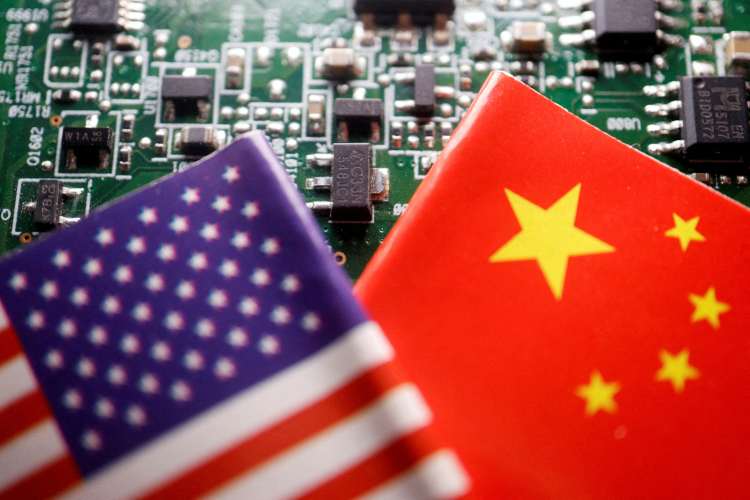
According to the Chinese government, the country has undertaken this effort to become self-reliant in the chip industry as the US is constantly trying to restrict its technology growth.
In an effort to bolster the nation’s domestic semiconductor ecosystem, China has now created one of the largest chip investment funds worth $47.5 billion. According to the Chinese government, the country has undertaken this effort to become self-reliant in the chip industry as the US is constantly trying to restrict the technology growth of the former in unfair trade practices.
The National Integrated Circuit Industry Investment Fund’s third phase has accumulated the entire amount from the Chinese firms, private banks, the union government, including Industrial and Commercial Bank of China. The fund was unleashed on May 24 and the current investment in the vehicle segment, dubbed Big Fund III, showcases an innovative push from the government to solidify its in-house chip ecosystem as geopolitical tensions are escalating.
The Joe Biden government has imposed strenuous restrictions and formed alliances with several European nations so that China fails to purchase semiconductor making equipment, and the latest chips. Netherlands, Germany, South Korea and Japan have been urged by the US government to tighten export restrictions on China. The point to be noted is that China’s important chip stocks increased yesterday. According to an exclusive report by Bloomberg, SMIC, the largest chipmaker in China, rose as much as 8.1 percent in Hong Kong, while Hua Hong Semiconductor Ltd., a smaller competitor, climbed more than 10 percent.
The major shareholder and contributor in this fund allocation is the country’s Ministry of Finance, and investment firms owned by local governments in Shenzhen and Beijing also contributed, claims Bloomberg. Shenzhen has been relentlessly assisting numerous semiconductor companies in South China’s Guangdong region in an effort to give relaxation to Huawei from the strict US sanctions. Both the European Union and the US have spent around $81 billion to support the next generation of chipsets. The 2022 Chips and Science Act in the US comprises $39 billion in grants for chipmakers, as well as $75 billion in loans and guarantees.

